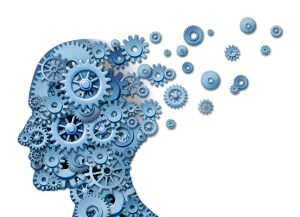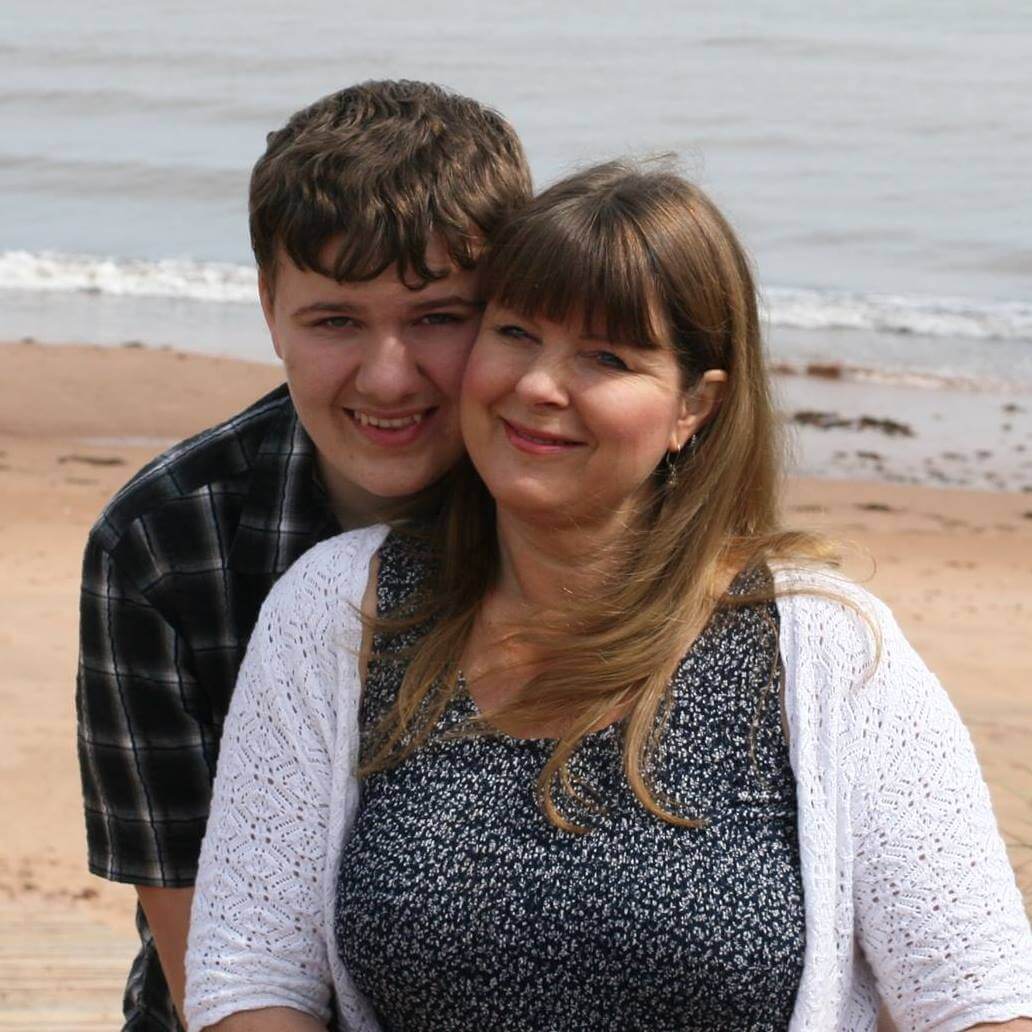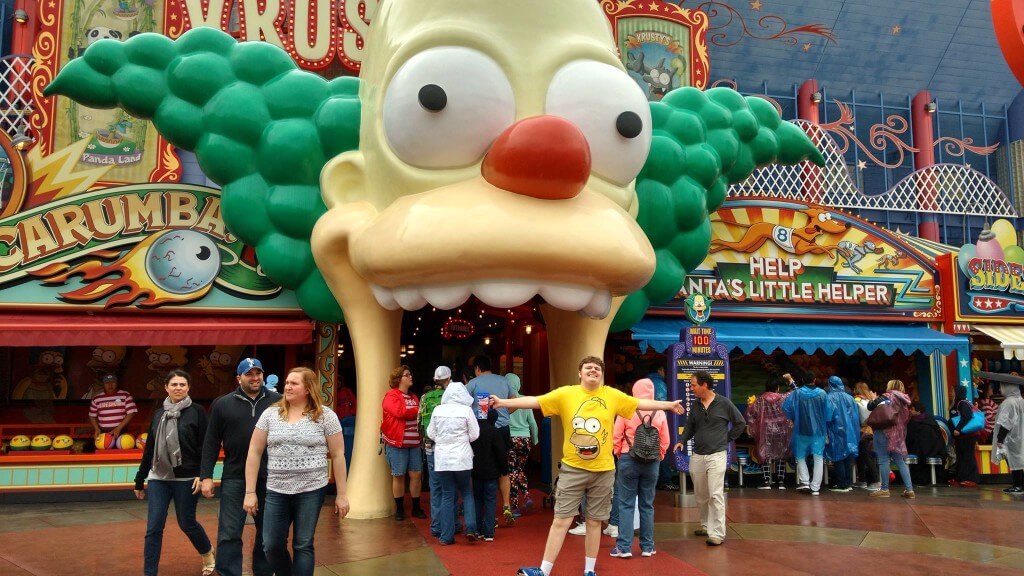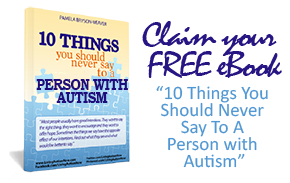
Good self-esteem is an almost impossible ordeal for people with autism. I get that. These kids, no matter how brilliant they may be, are always placed on the sidelines. How many times have we heard these lines?
The boy is brilliant but..
The girl should have been in this and that but..
The autistic boy..
The girl with autism have shown..
Yes, it’s a reality that many parents with kids on the spectrum have to contend with. But like any other parents out there, I also want to make sure that my son’s self-esteem is developed to ensure a foundation for his future. In the hope that regardless of what label people may give him, his foundation about his being will be intact.
The concept of good self-esteem is grounded on acceptance—and we, as parents, are the very anchor for that. We need to accept them for who they are to truly allow them to develop a positive sense of themselves. In all essence, self-esteem is built upon the concept of realistic and sincere praise. And contrary to popular belief, many kids with autism experience empathy more than they show it. They can sense when someone is being sincere or not. They can process feelings and actions, albeit slower in some cases, but the idea is that they know when we are being true with our words and actions toward them.
As a parent, helping my son realize his potential amid the limits set to him by society is one of my life goals. Being his mother, I felt that I am the primary influence on how he feels about himself and his self-esteem. It is not easy though having known his vulnerabilities and quirkiness but, I know this must be done at the earliest time possible to ensure that he will grow up sure of himself.
So, how does one develop positive self-esteem in a child with autism? One, by being there—always! It is one thing to care for a child and another to be truly sincere about it. Sure, we have those days when we feel like yanking our hairs from the roots but reining them in, that’s the real challenge.
By being present, I mean, is being honest of what you feel. When I’m sad or happy or disappointed, I would tell John about it and I believe it created a positive impact to his mind that he, too, can tell the difference of what he feels and be able to communicate it effectively. It made things easier for me as I can somehow address things when he feels like having one of those days.
As always, I discuss the behavior and its consequences to him. Criticizing is the last thing on mind though. I simply tell him over and over again that our choices bring about certain consequences. If he is angry and decides to throw a fit, it could hurt him or me or other people. That he has a choice to tell me that he’s bursting at the seams and don’t know what to do.
It took a lot of efforts though to keep him grounded and more responsible for his choices. Like any normal kid and then teenager with autism, it cannot be helped that there are certain things which he cannot control, feelings that he finds confusing in himself, too. We tried unraveling those feelings one by one, layer by layer. It’s tedious. It’s filled with frustrations but it was well worth it.
Like a personal coach, I also taught my son to focus on his strengths. He loves pizza then, we learn making pizza together. He’s mesmerized with cakes, pies and pastries then, I enrolled him in a baking class. The seas and its creatures fascinate him so off we went to a cruise and had a great time. These and all other efforts are done to tap at his boundless potential without setting any limitations just because of autism.
Other than that, I take time to make him feel appreciated by highlighting his strengths and helping him find ways to go around his limitations. My husband and my two other children are my reinforcements in doing what’s best for John. I believe by making him feel accepted and loved made all the difference.
How about you? Do you also tackle good self-esteem in your household? How do you make your child love, believe in himself?














